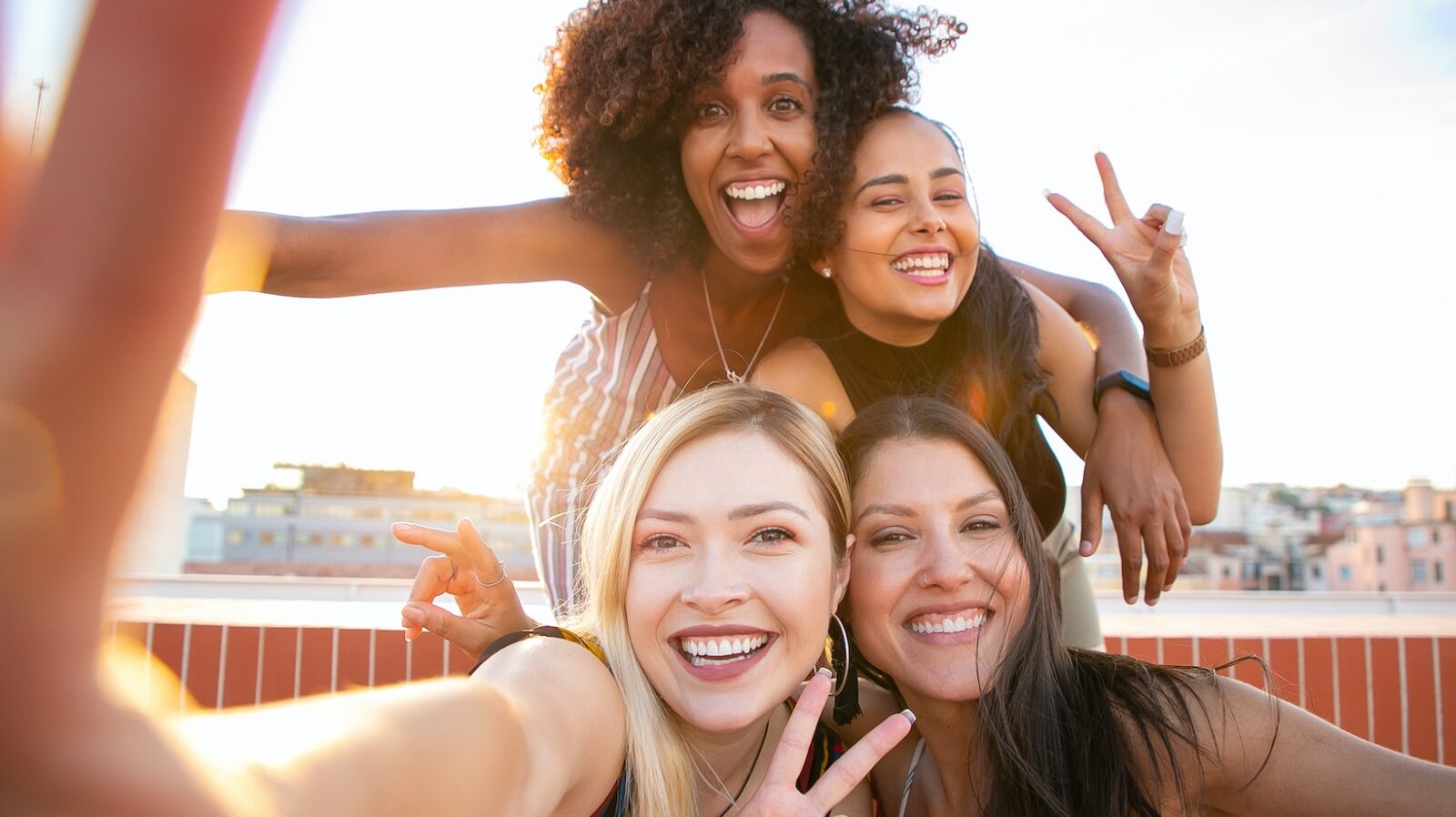Joel is a whiz with computers. When he was just…
Ever wondered why you don’t always look your best in selfies or photos taken with your phone camera? It can be quite perplexing to see yourself looking less attractive than you believe you are in person. The truth is, there are several factors that contribute to this phenomenon.
One possible reason for not looking as good on your phone camera is the quality of the camera itself. While smartphones have come a long way in terms of technology, they still may not capture all the details and nuances that your eyes perceive. The lens and sensors on phone cameras are smaller and less advanced compared to professional cameras, which can result in a loss of image quality.
Another factor to consider is lighting. Lighting plays a crucial role in photography, and when it comes to selfies, it’s no different. Different lighting conditions can dramatically affect how we look in photos. Harsh lighting can create unflattering shadows and highlight imperfections, while soft, natural lighting tends to enhance our features.
Lastly, angles and perspective also play a significant role in how we appear on camera. Holding the camera at an unflattering angle or too close to your face can distort proportions and make certain features appear larger or out of proportion. Experimenting with different angles and finding what works best for you can make a significant difference in how you look in photos.
Table of Contents
ToggleProper Lighting Can Make a Big Difference
When it comes to capturing flattering photos with your phone camera, one of the key factors to consider is lighting. The way light interacts with our features plays a significant role in how we appear in photographs. With the right lighting, you can enhance your best features and minimize any imperfections.
Phone cameras, although increasingly advanced, still have limitations compared to professional cameras. Understanding how these cameras work can help you utilize lighting to your advantage. Phone cameras rely on available light to capture images, so having sufficient light is crucial for clear and detailed pictures.

Tips for Looking Better in Phone Camera Photos
Now that we understand the importance of lighting and how it affects our appearance on phone camera photos, let’s explore some practical tips:
- Natural Light: Whenever possible, take advantage of natural light by positioning yourself near windows or shooting outdoors during daytime hours. Soft natural light tends to be more flattering as it creates a gentle and even illumination on your face.
- Avoid Direct Harsh Light: To prevent unflattering shadows or blown-out highlights, avoid standing directly under strong overhead lights or directly facing bright sunlight. Instead, try angling yourself slightly away from the main light source for more balanced illumination.
- Use Additional Lighting: When necessary, you can enhance the lighting situation by using additional light sources such as lamps or portable LED lights. These can help fill in shadows and provide a more evenly lit environment.
- Adjust Camera Settings: Explore the camera settings on your phone to optimize the exposure and white balance. Adjusting these settings can help compensate for challenging lighting conditions and produce more accurate representations of your appearance.
Remember, while lighting is crucial, it’s not the only factor that determines how you look in photos. Other elements like posing, angle, and composition also have an impact. Experiment with different techniques to find what works best for you and embrace your unique features in every photo you take!
Why Do I Look So Ugly on My Phone Camera
To understand why phone cameras sometimes capture unflattering images, it’s essential to delve into some scientific aspects. Smartphone cameras typically have wide-angle lenses and shorter focal lengths compared to traditional DSLR cameras. While these characteristics allow for capturing a broader field of view, they also contribute to certain distortions.
The combination of a wide-angle lens and short focal length results in what’s known as barrel distortion. This effect causes straight lines near the edges of an image (like horizontal lines) to curve outward slightly instead of appearing perfectly straight. When it comes to facial features, this distortion can make noses and other parts seem larger or more curved than they actually are.
Additionally, most phone cameras use digital zoom rather than optical zoom. Digital zoom works by enlarging a portion of the image, which can lead to pixelation and loss of detail. This can further contribute to an unflattering appearance in photos.
In conclusion, while it’s natural to be critical of our appearance on phone cameras, there are various factors at play that contribute to this perception. By understanding these factors and practicing self-acceptance, we can navigate through this insecurity with confidence and embrace our unique beauty both on and off-screen.
Joel is a whiz with computers. When he was just a youngster, he hacked into the school's computer system and changed all of the grades. He got away with it too - until he was caught by the vice-principal! Joel loves being involved in charities. He volunteers his time at the local soup kitchen and helps out at animal shelters whenever he can. He's a kind-hearted soul who just wants to make the world a better place.






